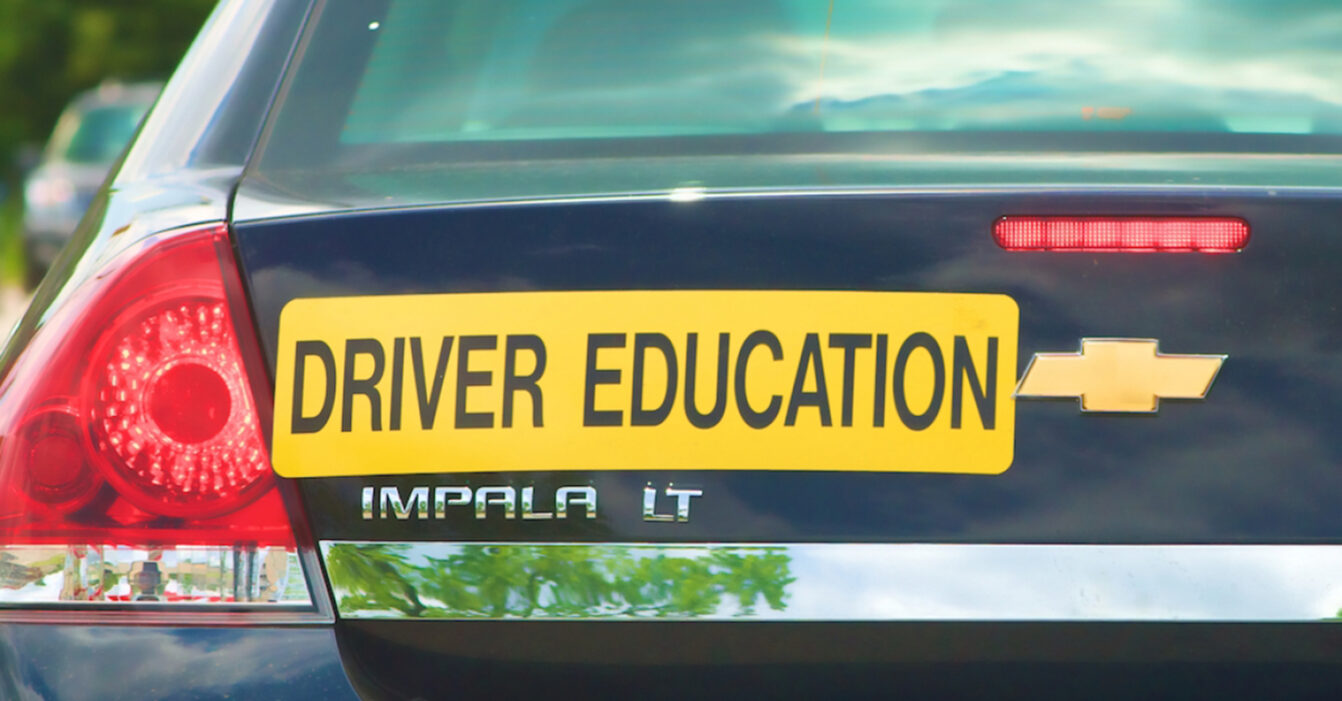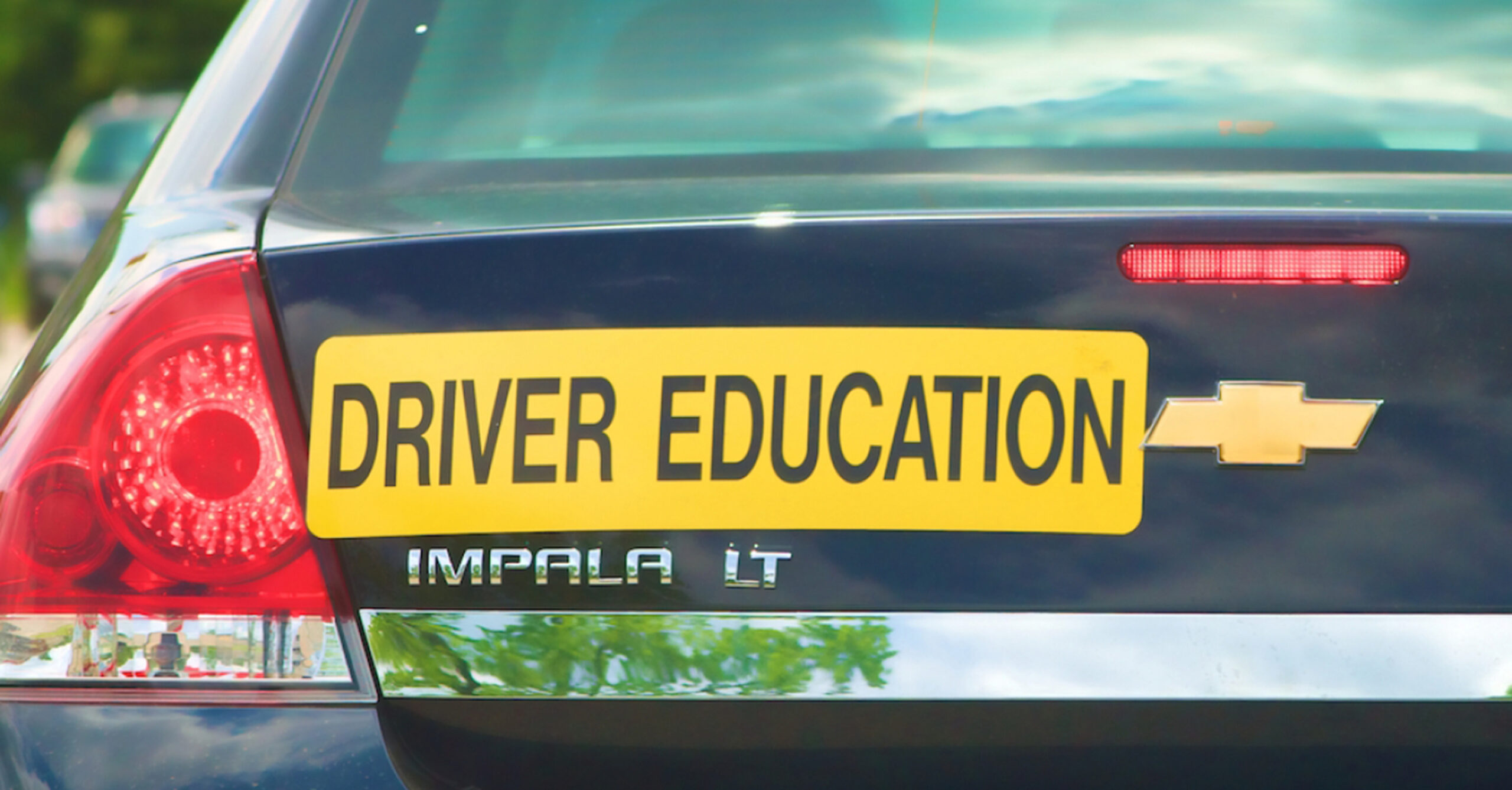Growing Number of Teens Disinterested About Driving

A phenomenon is sweeping the nation in which fewer teenagers are earning their driving licenses than in the past. The Federal Highway Administration reported data in 2021 that from 1983 there was a 20-percent decrease in 18 year olds that had licenses and a 25-percent decrease in 16 year olds with licenses. Out of 122 Sherwood students primarily in grades 9-11 surveyed, 57 percent did not have a license, provisional license, or permit. And only 38.8-percent of respondents were learning to drive.
For many teens driving was access to long-awaited freedom and friends, but the growth of the internet and its widespread availability caused many teens to not need to drive to communicate with friends and have fun. With the accessibility of phones and social media all friends are a short text away. Due to the growth of Zoom and many other video communication companies, friends are also able to video chat instead of meeting face to face. If teens do need to get around they have access to services like Uber and Lyft. Some would also prefer to not get in a car at all and would rather help the environment by biking, walking, or choosing from one of many public transportation options. Additionally, with growing urbanization, many teens do not even need to bike or walk far to get to their desired destination.
Increases to technological innovations is not the only probable cause for the decrease in driving teenagers. Many policies have been enacted in several states to raise the bar for achieving a license. According to The Journal of Safety Research, every state except for seven have made driver licensing laws stricter between 1996 and 2006. In all of these states teenagers would have had a harder time achieving a drivers license and these changes could have put many off from getting one. On the other hand, restrictions on drivers above the age of 18 are lax, which may prompt some, including Sherwood students, to wait to get a license until they are above 18.
Some teenagers may not be driving due to mental health reasons. Many teenagers in today’s age grapple with anxieties surrounding driving, a stark contrast to the excitement many teens in previous generations felt when learning to drive. According to the National Survey of Children’s Health, anxiety has increased by 20 percent in teenagers and children between 2007 and 2012. “I struggle with generalized anxiety disorder, and just the idea of being behind the wheel is extremely stressful,” explained senior Isabelle Andrews on the survey.
Some teenagers that do want to drive face different issues on their own. With the rising costs of everything, many teens struggle to afford a car and the numerous associated costs. On top of that, fewer teenagers are getting jobs, giving them less reasons to drive and less money. For some teens that want to drive, their parents are slowing them down. Many Sherwood students on the survey stated that cars are too expensive. Others reported that they shared a car with either a parent or a sibling. The lack of a personal vehicle could reduce the amount of time a teenager spends driving and allow them less experience behind the wheel overall. Many parents, especially those who are black, worry that their children will get pulled over and become victims of police brutality. This can slow their progress learning to drive and discourage them from driving altogether.
At the end of the day there are many reasons why teens are staying off the roads. Driving may not be the most important thing anymore to teens in the future.
 by
by